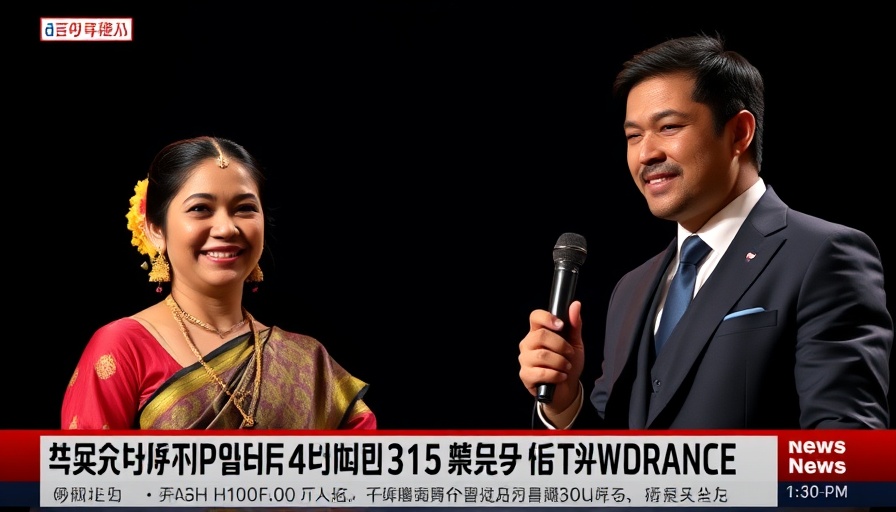
The Cost of Economic Distress in Niger State
Nigeria is a nation celebrated for its resilience amid adversity, yet the ongoing hardships across the Niger states reflect a deeper malaise that afflicts every stratum of society—from bustling urban centers to remote villages. The persistence of economic distress, compounded by rising insecurity, has become a defining challenge for many Nigerians. As more citizens prepare to voice their discontent through protests, the urgency for effective change has never been more palpable.
In Nigeria’s Economic Crisis & Rising Insecurity: Is Change Possible?, the discussion dives into the current landscape of protests and unrest, prompting a critical analysis of overarching themes that numerous Nigerians currently face.
Protests as a Catalyst for Change
The impending protest scheduled for July 21 serves as a collective outcry against the dire situations faced by security personnel in Nigeria. As salaries remain unfixed, working conditions deteriorate, and the general well-being of citizens continues to plummet, these protests symbolize a crucial solidarity movement aimed at humanizing the forces who protect the nation. There’s a pervasive misunderstanding that protests are ineffective. On the contrary, they remain a tactical response to systemic wrongs that demand recognition and accountability from those in power.
The Death of Leadership: Reflections on President Buhari's Legacy
The recent passing of former President Muhammad Buhari has spurred national reflection. While some mourn his departure, others recall a legacy marred by allegations of human rights abuses, economic sabotage, and a political environment fraught with oppression. As noted by Mr. Omo Shore during the discussion, Buhari’s tenure left a fractured nation struggling with identity and hope. How do we reconcile the loss of a leader with the battering of a nation’s spirit?
Counterpoints: The Argument for Compassion vs. Candid Truth
While some advocate for a compassionate remembrance of Buhari as a leader who faced complex challenges, there are voices—particularly from victims of his policies—who argue that compassion must not overshadow the concrete realities of his governance. The debate surrounding accountability reflects a broader discussion on how societies should deal with oppressive leaders once they are no longer in power. Can we truly forgive without addressing the foundational injustices inflicted upon a people?
Rising Insecurity: A Nation at the Brink
The specter of insecurity looms large over Nigeria, with many seeing it as an inevitable fallout from systemic neglect of those tasked with ensuring public safety. As protests arise, a critical intersection surfaces: should police reform take precedence over simply improving their welfare? Inspired by recent discussions, it’s evident that all aspects of policing—welfare and regulatory reform—must holistically address the nation’s pressing security dilemmas. Raising living standards for law enforcement must align with restoring public trust in these institutions.
Implications for the Future: A Call for Comprehensive Reform
Looking forward, the necessity for a transformative approach to governance remains apparent. As public disillusionment grows, the conversation needs to shift not only towards immediate welfare for police but also towards comprehensive systemic reforms across all governmental structures. For the citizens of Nigeria, a reimagined political ecosystem might seem distant, but each protest represents a stepping stone towards an evolved society that prioritizes human dignity, security, and economic stability.
Conclusion: The Power of Collective Action
As Nigerians prepare to rally for justice, their determination highlights a collective yearning for change. The death of leadership should not mark the end of a movement; rather, it ought to invigorate a cause long overdue for attention. In embracing the spirit of protest, every citizen has the power to galvanize efforts for a brighter future. Uniting against injustice transcends mere discontent—it can become the very foundation of a renewed Nigeria.
 Add Row
Add Row  Add
Add 


 Add Row
Add Row  Add
Add 

Write A Comment